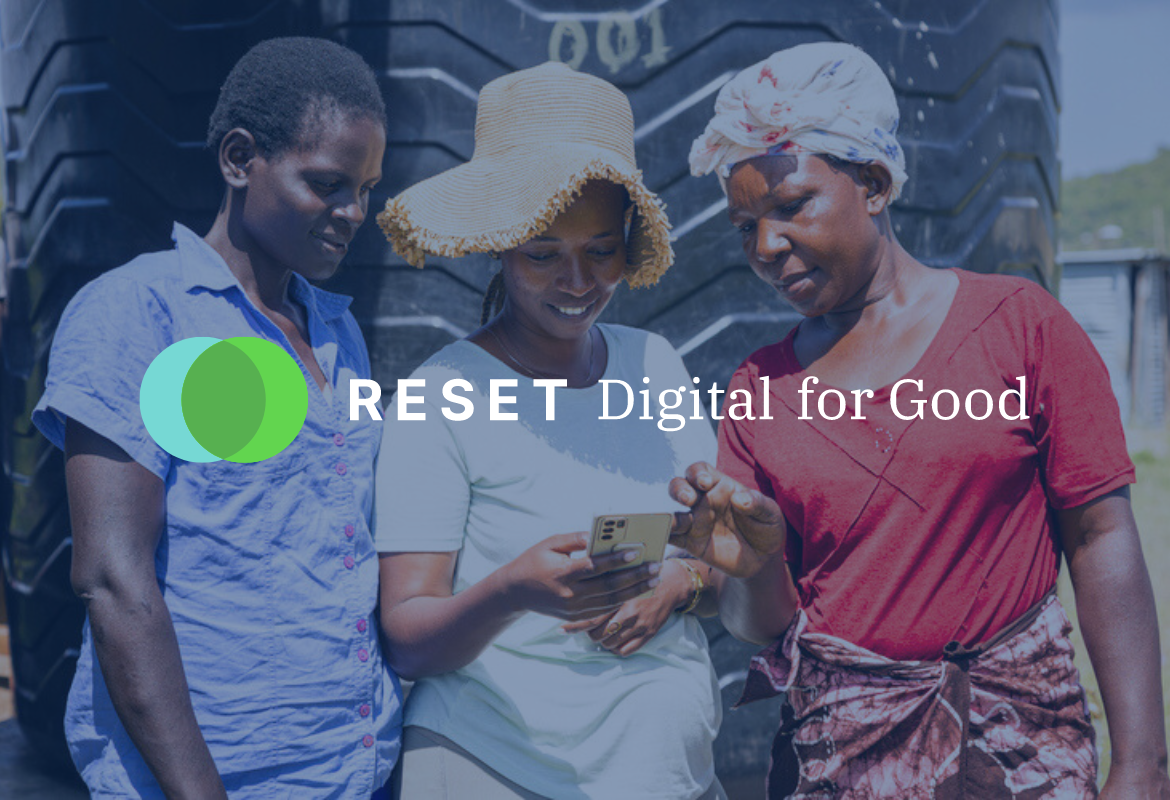June 1, 2024
Well Beyond App Empowers People in Remote Kenya to Take Charge of Their Water Supply
A village in Laikipia County, Kenya, once faced a common problem in remote regions of Kenya. Their taps had run dry.
Being located in a far-flung region with limited infrastructure meant there was no technical assistance nearby, and it would take a long while for any to come their way.
Kathryn Bergmann, Director of Projects for Well Aware, an international nonprofit that addresses water scarcity and promotes sustainable water solutions in East Africa, explains that, given the circumstances, such a problem would ordinarily take weeks to resolve. Often, this meant a community would be forced to spend lengthy periods without water, incurring heavy repair bills.
Aware of the technical and geographical challenges facing such communities in remote areas, the firm developed the Well Beyond app, a mobile platform that connects them to technical support.
Empowering communities one faulty faucet at a time
“The community in Laikipia County reported that there was no longer water coming from the faucet,” Bergmann told RESET.ORG. “Through our app, we helped them remotely troubleshoot the issue and repair it. In under two hours, their water system was working again.”
The app enables communities to diagnose and maintain their water systems and prevent these failures without relying on external help. This improves water system management and reduces overall downtime by empowering partner communities to handle small problems on their own.
Some typical problems that communities solve with the help of the app include filter replacements, leaking pipes and float switch issues. Water systems need regular maintenance, upkeep and replacement, which traditionally requires a technician visit. Bergmann said that, through the app, community members are trained to handle filter replacements and leaking pipes.
“For example, at Karaus Primary, clogged filters were addressed by sending replacements and the teachers successfully installed them using the instructions provided through the app”, she explained.
In addition, the Well Beyond app allows communities to manage their water systems even in areas with limited internet connectivity or offline environments.
Offline functionality means limited internet isn’t an issue
“Once the app is downloaded, it becomes fully functional offline, ensuring greater accessibility for even the most remote and isolated populations in developing regions. If the community member is in a remote area with no connectivity or internet, the app can store the responses and data entered by users”, Bergmann added.
These stored responses are submitted to the dashboard when Wi-Fi or internet connectivity becomes available, ensuring that the data collected by the app is not lost even in areas with limited connectivity. This allows users to input information, such as maintenance checklists, service requests, and community impact reports, which are then securely stored until a reliable internet connection is established.
By being fully functional offline, the app is a sustainable tool for communities with limited internet connectivity, contributing to the long-term running of water projects in developing regions.
As happens with many novel applications of technology, the Well Beyond app has also faced a number of challenges. Among their principal challenges, the tool’s adoption was the biggest concern when the firm deployed the app.
No phone? No problem
“Many of the communities we work with are located in remote areas where smartphones and mobile apps have not been widely used for long enough for people to fully understand their usefulness”, stated Mesret Endale, the Project Manager & Engineer. “This means that integrating the app into their daily project monitoring and control routines takes time and requires training.”
To overcome this challenge, the firm implemented community training programs.
“We train three to four people in each community to manage the flow of information using the app. This not only helps the community members become familiar with the technology but also empowers them to take ownership of their water systems and resolve issues on their own.”
By training community members, the firm saw a significant reduction in the downtime of water systems. Bergmann said this ensures efficient, real-time communication with the beneficiary communities. Currently, the firm has over 80 communities trained and using the app.
Being a charity, Well Aware funds its operations through donor support. Donating is straightforward and available from their website.
The app also provides access to complete project history in one location, including specifications, maintenance, reporting and any issues. The firm can oversee community progress, training completion, and knowledge gained while enabling data collection on water system success.
The AU High-Level Panel on Emerging Technologies (APET) encourages African countries to leverage smart technologies to address their WASH challenges, particularly regarding water management. By using innovative digital technologies, Bergmann says many parts of the continent can effectively manage their well water systems and avert failure, a significant part of which results from a lack of maintenance and oversight.
